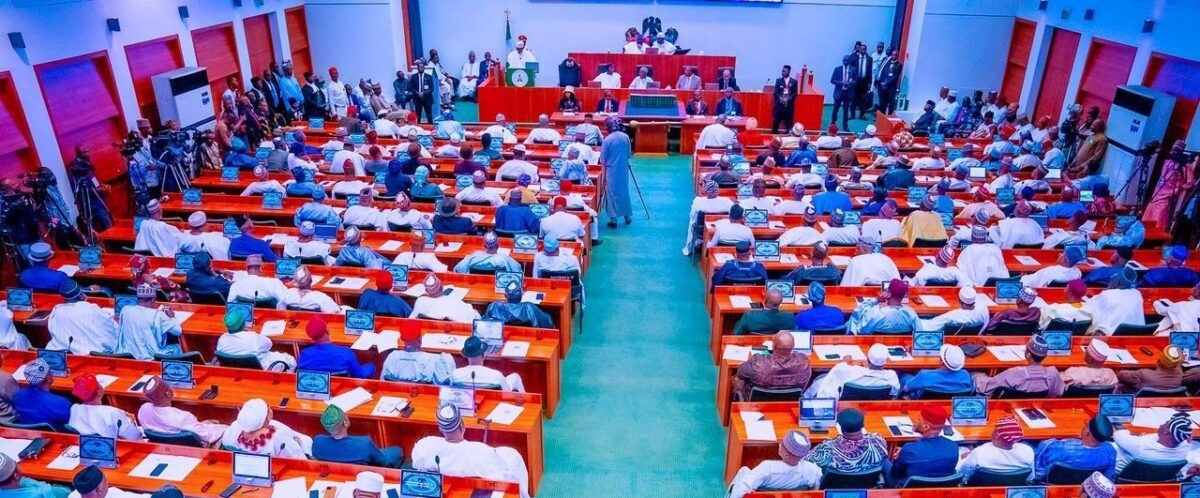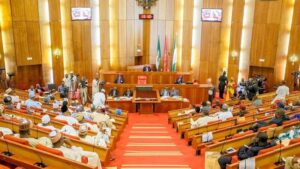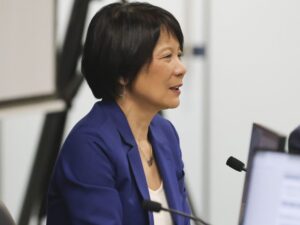
Nigerian Senate is making plans to make legislation for the adoption of 18 years as the entry age for admission into universities and other tertiary institutions in the country.
This was disclosed by the chairman Senate Committee on Tertiary Institutions and TETFund, Senator Muntari Dandutse, after monitoring the ongoing Unified Tertiary Matriculation Examination (UTME) alongside its House of Representatives’ counterpart in Abuja on Tuesday.
Senator Dandutse supported the Minister of Education’s decision to raise the minimum entry age for admission to tertiary education institutions to 18, stating that the move would prevent minors from attending university.
He did, however, praise the Joint Admissions and Matriculation Board’s (JAMB) handling of the ongoing UTME and President Bola Tinubu for implementing the student loan plan, claiming that it would increase access to higher education in the country.
Senator Sunday Karimi, a member of the committee, also stated that the necessity to increase educational access did not preclude setting the minimum admission age at 18.
“Everybody should have access to education. Just because you are 40 or 50 doesn’t mean you cannot enter university; it is not a barrier, but there is also a minimum. You cannot be 12, you cannot be 13, you cannot be 14 and enter university,” he said.
He continued: “What the minister said yesterday is that you have to be 18, and we are not against that because before you can enter primary school, you have to be 6, and before you enter secondary school, you have to be 12, so before you enter university, you have to be 18.”
“On a law to make 18 years the mandatory age for entry into higher education institutions in the country. The law is already there, but if it means to even take it and amend it to make sure we have a robust law, we are going to do that.”
It had also been reported how the Academic Staff Union of Universities (ASUU) expressed its full support for the new entry age policy.
This was made known by the ASUU President Prof. Emmanuel Osodeke, who described the government’s consideration as a welcome development.
Osodeke said, “We are in full support. It is the right thing. What the minister said is the correct thing.
“The issue of age benchmark is not a new thing. It’s just that regulators have not been doing their work.
“In those days, you could not go to primary school if you were not six years old. Then you spend six years and finish at age 12; and then by the time you get to secondary school you spend six years and then you graduate by 18.”







